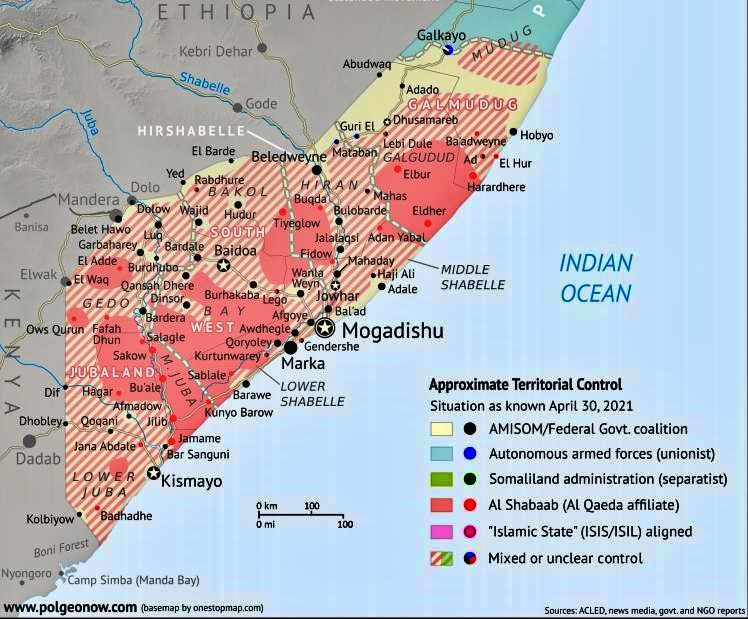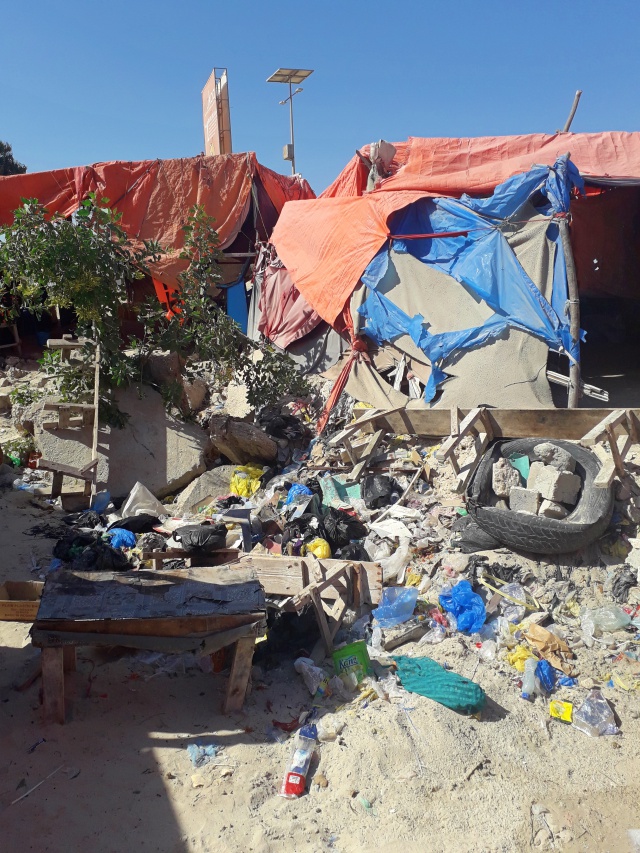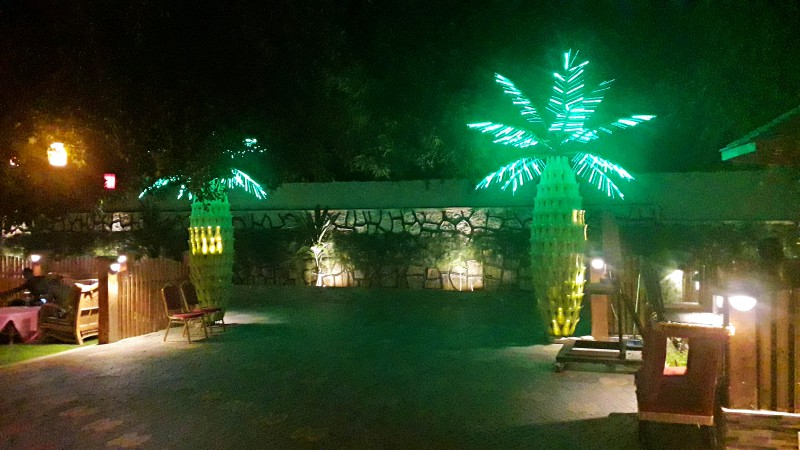This article, based on recent fieldwork by Somali researchers and the insights they have kindly provided me with, and on 70 interviews I conducted in Mogadishu and other places in and around Somalia in 2019-2021, examines how Al Shabaab exerts its rule over the southern and central regions of Somalia. The movement depends on local support, as it receives practically no international support, and thus needs to gain legitimacy through its governance. The opposite is true of the federal government of Somalia, which receives most of its funding from abroad. The insurgents outgovern the federal government of Somalia in practically all aspects. They also govern the population in Mogadishu and other areas supposedly under government control.
To explain Al Shabaab’s staying power despite the international community’s continuous efforts to militarily defeat it, the insurgency is examined as a social movement and through the lens of rebel governance. Its political project, to supercede fractious Somali clan identities by imposing an Islamist state, is shared by many Somalis, even if they dislike Al Shabaab’s religious fervour and would prefer to live in an open society accepted by the rest of the world.
It appears likely that when international support for the dysfunctional Somali state wanes, the group will sweep to power as swiftly as the Taliban did in Afghanistan.
Abstract:
Recent studies suggest that Al Shabaab’s rule is tolerated among Somalis and has garnered some legitimacy through predictable governance, the provision of justice and a nationalist Islamist discourse. Based on extensive field work and recent scholarly research, this paper describes how Al Shabaab has successfully evolved through two critical junctures from a social movement to a quasi state-like structure. Al Shabaab outperforms the Somali state in most fields of governance. The legitimacy this brings does not translate into popularity: Somali respondents rarely align with the movement’s ideology or wish to be ruled by it. Nevertheless, the movement is fundamentally transforming the Somali sociopolitical order, harnessing clan power to impose a Weberian legal-rational, albeit illiberal type of rule.

This article will appear soon in the Canadian Journal of African Studies after a two-year peer-review process. The link will be shared here upon publication.


